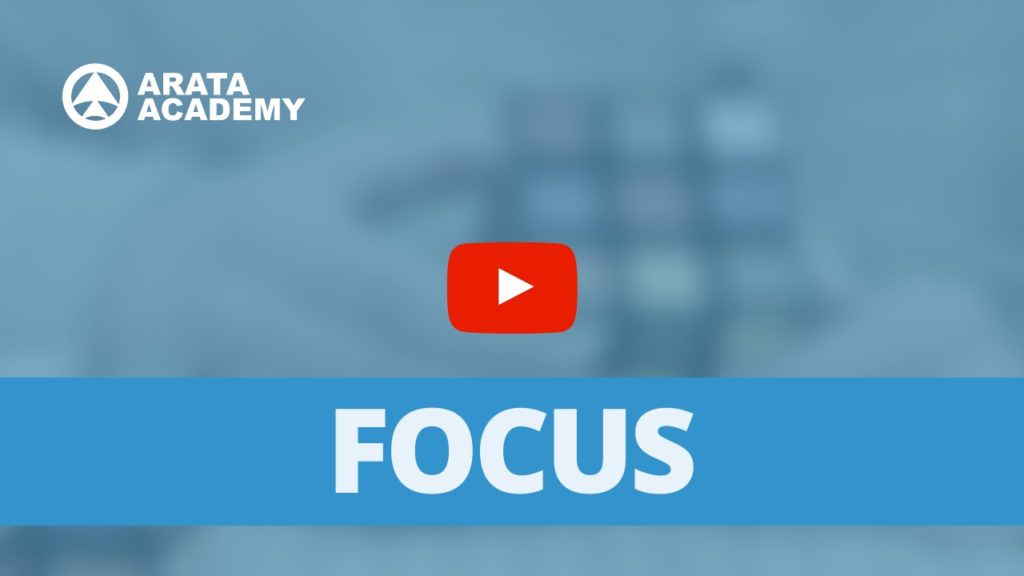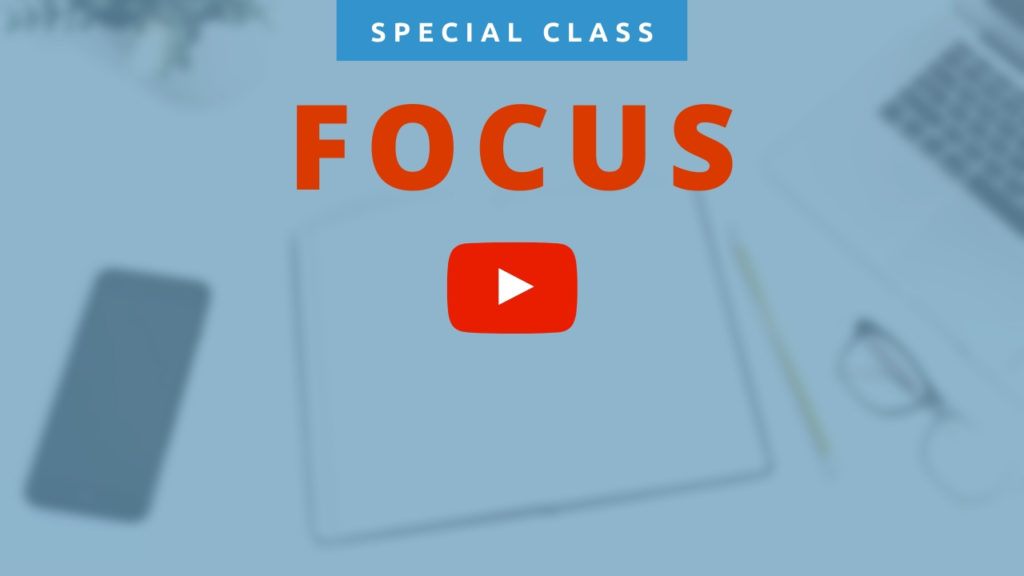Hello! Seiiti Arata. In a well-known lecture that I recommend, Ken Robinson encourages us to ask if we can put more focus on creativity in school time.
Certainly creativity is a skill that can be developed and has much value in today’s economy. That’s why, in the two previous episodes of the series Hello! Seiiti Arata, we talk about the fears that stifle creativity.
Although I agree with Ken Robinson’s proposals, I’m afraid we shouldn’t wait for any major changes in the basic education system—they will simply take too long to happen.
The need for greater investments in our creative training already exists, and so what I suggest is that each of us—you and I—decide now to develop the talents that will be useful in the new creative economy.
1. If you want to have creative solutions, you need to practice now.
Imagine that you are a professional who needs to present a creative solution. Time and a whiteboard will not produce anything of quality. It will be difficult at that moment to force yourself to be creative if you do not have the preparation. Therefore, note that if you want to have the ability to produce the right idea at the right time, you should begin the process now, long before the need for this idea exists.
In this sense, creativity is similar to self-defense. To be prepared when the time comes, you need have begun the practice long ago.
And to prepare our creativity, we have to accept the possibility of making mistakes.
If we never make mistakes, our initiative is narrow. After all, originality is visible whenever we leave the common pattern, when we veer away from the conventional method.
The problem in the current educational model is that it is based on the needs of the industrial age. Errors are penalized and stigmatized. Everyone should behave and think in a standard, uniform way, like in a factory.
2. You do not make mistakes on purpose.
We’re not saying you should always do the opposite of what everyone else is doing. Being different for the sake of being different does not make sense.
In fact, in most cases, the best thing is to model, to follow the path already trodden by others. Standing on giants’ shoulders allows us to take advantage of the experience and knowledge of great masters. Of course.
However, we want awareness in this process. We want to be aware of what we do, and why.
We do not want to simply repeat without understanding. In all Arata Academy materials, we emphasise the conscious choice. There will be situations where it makes more sense to go the opposite way, experience the unknown, be creative.
3. Creativity is something that develops.
Be careful not to be a prisoner of the labels that you and others have created for yourself. See Episode 45 of our series http://arata.se/hello45.
Many people say they are analytical and objective rather than creative.
This is a label that they attribute to themselves because they’re anxious about the trials of the creative processes.
There is no division between creative people and uncreative people—not like the difference between tall and short people.
Creativity is something you can learn. It’s not a gift that you have or you don’t. It’s a skill that you’ve developed or not.
Creativity is a skill like any other; it can be practised step by step. Obviously, the beginning will be difficult, but as we acquire mastery, we can strengthen our creative ability. The first step is to remove this mask, this label of not being creative.
4. Are you a creative person? Do the test.
A good, creative professional has three fundamental characteristics: He or she is healthy, bright and consistent.
If I’m only healthy and bright, but I’m inconsistent, that means I’m not a reliable professional. Too much is left to chance. Sometimes I can produce high-quality work with a lot of creativity, and at other times I’m completely blocked and can’t produce anything.
If I am brilliant and consistent, but I am unhealthy, what happens? Fatigue at work. This unfortunately is the case for many elite professionals who are highly productive and competitive. At a certain age, they end up having a heart attack or chronic stress problems.
There are also those who are healthy and consistent, but are not very bright. This is the part of the flock that remains in mediocrity. In the increasingly competitive market, we need to stand out from the crowd, and this means being brilliant at what we do.
Is that you? Tell me your thoughts on this profile in the comments. Are you healthy, brilliant and consistent? Which of these three elements do you need to develop more?
You are responsible for your creativity. No matter what your circumstances are, in the end, you are the only person responsible for developing your creativity.
Creativity is a skill. You’ll achieve mastery step by step, training and strengthening all the necessary resources. Without practice, you’ll never develop creative talent.
Part of the problem is that we’re in a state of partial attention. We lack the concentration needed to develop creativity. If you need to focus now, visit the http://arata.se/focuscourse link, and train your ability to concentrate. It’s a prerequisite for developing your creativity. The FOCUS course advantage is that it is a quick training course. We condense everything you need for greater focus, and you can start and complete the entire course in one day.

